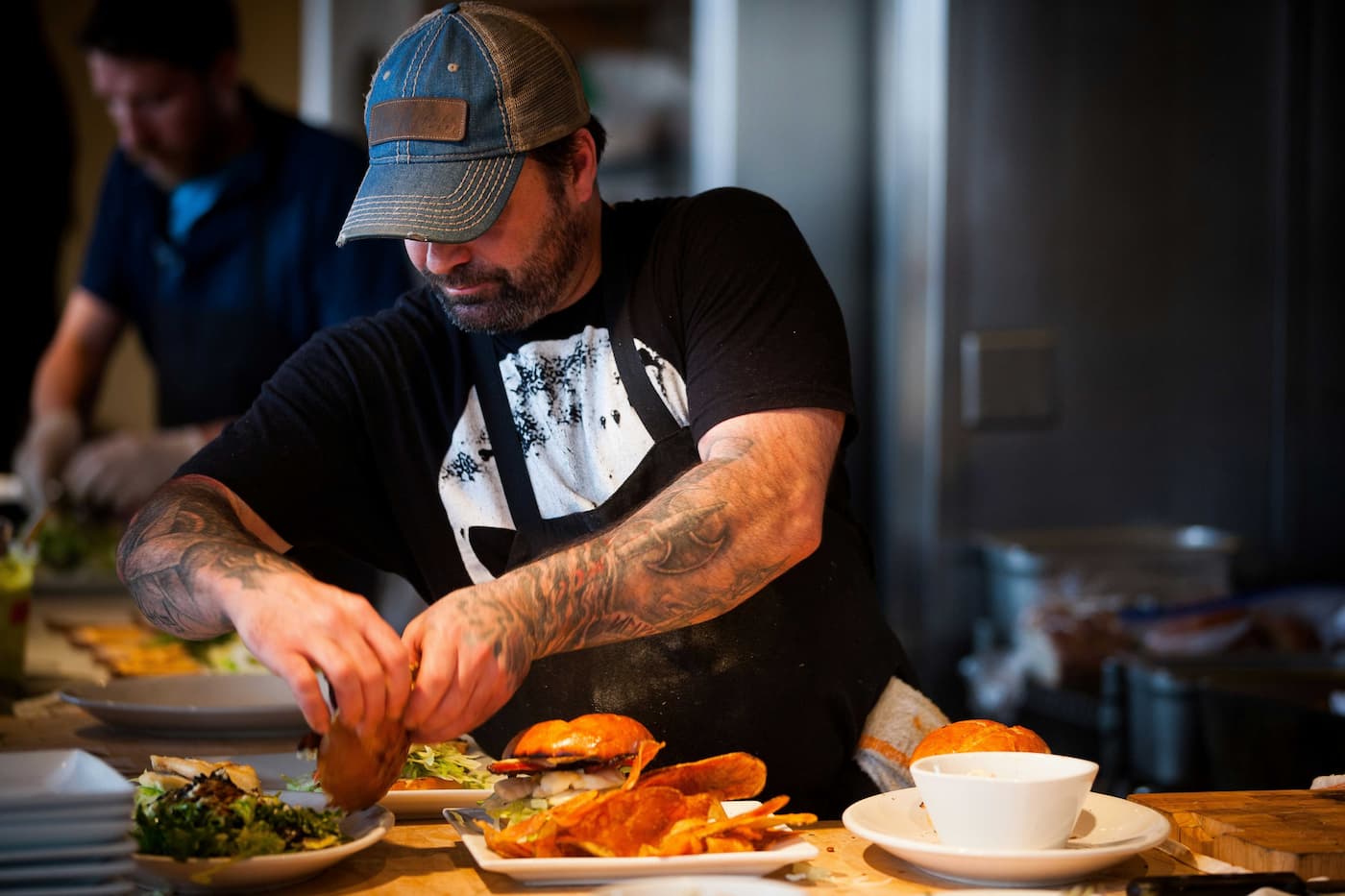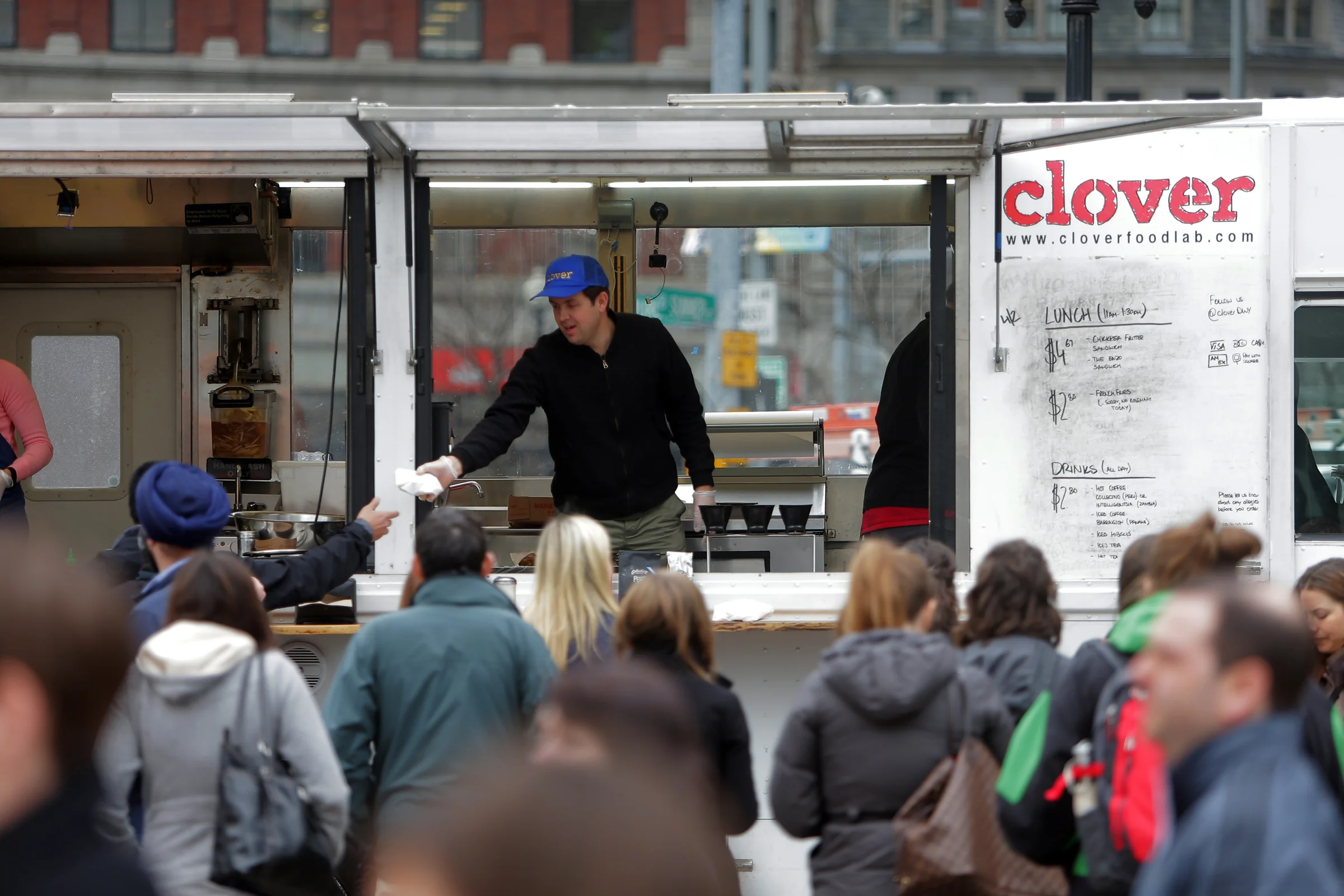The story of Clover Food Lab’s resurgence is not just a narrative of recovery and expansion but also a testament to the adaptability and resilience inherent in the food service industry. Once a mobile food truck roaming the streets of Boston in 2008, Clover has transformed into a significant player in the Massachusetts restaurant scene, known for its dynamic, veggie-forward menu that prioritizes seasonal ingredients.
However, like many in the sector, Clover faced its share of challenges, exacerbated by the global pandemic.

Clover Food Lab: A Journey Through Crisis to Revival
Despite the severe setbacks that led to a Chapter 11 bankruptcy filing in late 2023, Clover Food Lab has emerged from its financial troubles with a robust plan for growth and innovation. The company’s declaration of bankruptcy was a strategic move to realign its business structure and operational strategies.
“COVID changed everything for restaurants like us. The way we eat, drink, work, and get together has shifted substantially,” Clover mentioned in a blog post, reflecting on the transformative impact of the pandemic on dining habits and restaurant operations.
Clover Food Lab for the win! ❤️#helpitsonlythurs #vegan #StartTheWave pic.twitter.com/Ocy3Owy9vy
— Court (@SCourtp32) December 6, 2018
The introduction of daily meal boxes, which now contribute to 20% of Clover’s revenue, exemplifies the brand’s agile pivot to meet changing consumer demands. This innovation not only provided a new revenue stream but also solidified Clover’s commitment to adaptability.
Expanding Horizons: Clover’s Ambitious Growth Plan
Today, Clover operates 13 restaurants and has not let the scars of bankruptcy slow it down. According to Restaurant Business Magazine, the company has set a bold target to increase its footprint to 60 locations across New England over the next five years.
This expansion strategy focuses on penetrating urban areas and university campuses, potentially capturing a diverse demographic of students and young professionals.

Moreover, Clover is reimagining its store formats. The brand plans to roll out smaller-format stores that promise a more intimate and streamlined dining experience, addressing the growing consumer preference for convenience and speed.
Reinventing to Attract New Customers
Clover’s strategic overhaul also includes a brand facelift. The initiative aims to enhance visual aesthetics and brand perception, fostering a fresh appeal that attracts a broader customer base.
As the dining landscape continues to evolve, Clover’s proactive approach to reinvention positions it well to tap into new market segments and consumer trends.

The Bigger Picture: Industry-wide Transformations
Clover’s journey mirrors a broader trend within the restaurant industry, where adaptability and innovation are becoming critical survival tools. Other chains like Red Lobster and Tijuana Flats have also faced financial hardships, with varying strategies and outcomes.
The fluctuating fortunes of these companies highlight the volatile nature of the restaurant business and underscore the importance of strategic agility and customer-centric innovations.
Clover Food Lab’s comeback is more than a business recovery—it’s a beacon of hope and a case study on resilience and adaptability in the face of adversity. As the company continues to grow and evolve, its story offers valuable insights not just for business leaders but for anyone looking to understand the dynamics of thriving in challenging environments.










